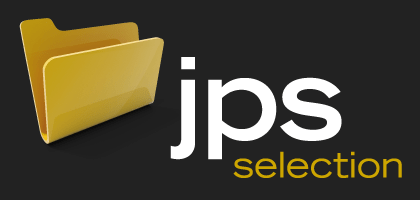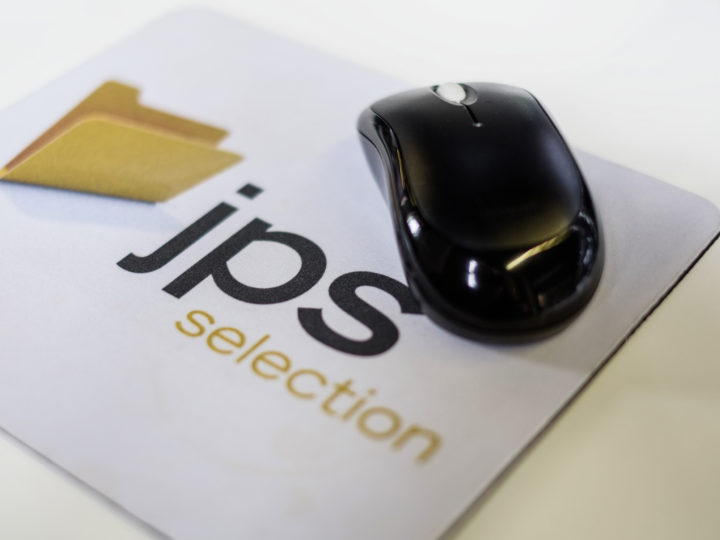
How can AI help your business in 2020?
“78% of business leaders believe that 360 hours can be saved annually by the input of automation through artificial intelligence”, claims WorkMarket’s 2020 In(Sight) Report. The study also found that (unsurprisingly) 52% of employers are interested in automation in the workplace, versus only 29% of employees.
In the workplace, the growth and implementation of AI and automation can streamline processes, decrease costs and also reduce errors. It can also impact the number of staff needed in a workforce to complete assignments, or the amount of time they would be likely to take.
How can AI help your business in 2020? We’ve explored some options below.
LOWER EMPLOYEE OUTGOINGS
In the USA, organisations spent anywhere between $376,251 and $14.3 million on staff training in 2016 (circa $814 per employee) taking a total of 43.8 hours (as an average). AI reduces the need to employ as many workers – therefore resulting in a lower expenditure on things like company benefits (health insurance, dental insurance, paid vacation) and learning and development.
Further to this, less employees means less room for error. 90% of respondents to the WorkMarket’s 2020 In(Sight) Report believe there are advantages to automating tasks at their organisation and 48% cited that they felt there would be a reduction in manual errors.
PERSONALISED CUSTOMER EXPERIENCES
Adobe’s 2019 Digital Trends Survey revealed that larger companies felt that ‘delivering personalised experiences in real time’ (37%) is the most exciting prospect for the next few years and 31% of smaller organisations agreed. An overwhelming majority (91%) of businesses view personalisation as a priority. There are number of ways customer experiences can be personalised including the utilisation of online behavioural signals to determine the best experience for a website visitor.
HSBC recently tested AI-driven dynamic content vs. static content on their mobile app’s home page. Unsurprisingly, they found that the personalised content dramatically outperformed the static content.
Further ways that experiences can be personalised is by optimising emails, tailored advertising (eMarketer predicts that more than 86% of digital display ads will be bought programmatically) and customising shopping experiences. Gartner have predicted that by 2020, online organisations will increase their profits by up to 15% using AI to predict customer behaviour and intent.
AI TOOLS FOR HR PROFESSIONALS
As a primary issue for HR professionals, candidate screening is often identified as one of the hardest elements of talent acquisition. 52% of talent acquisition leaders find screening from a large applicant pool to be the most difficult part of their role. Utilising the power of Machine Learning AI, these systems can work with a variety of screening tools to learn which ones predict success most accurately and focus on those ones with future candidates. The tools can also be taught to remove bias regarding candidates’ demographics and can save HR professionals valuable time.
AI can also prove a useful tool regarding employee engagement. In relation to onboarding, AI-powered chatbots are beneficial for allowing new starters to access information when they need it. Questions such as “Where can I find a first aid box?” or “What is the company’s policy on coming in late?” are questions that an employee may wish to know the answer to but may be too embarrassed to ask. A chatbot would eradicate this embarrassment.
In addition, AI can help with determining which members of a team would work best together. Using employee data gathered from performance as well as sentiment analysis, AI can recommend employees who would work well together based on aligned values to complete a particular project.
Augmented analytics can help with analysing large amounts of data, beneficial to HR professionals looking to determine reasons for high employee turnover. It can also be beneficial for determining the best way to hire future talent – looking at trends in hiring and those employees that have been most successful or remained with the business the longest. It can help make decisions about utilising budgets for recruitment on job board advertisements versus enlisting the expertise of a Recruitment Agency.
By 2035, Accenture have predicted that AI will boost profitability by 38% and generate $14 trillion of additional revenue. It’s also anticipated that global spend on AI will increase to $77.6 billion by 2022. In terms of your business, AI has the power to streamline processes, improve consumer interactions and aid you in finding the best talent.
Let us know your thoughts on the rise of AI by contacting us at [email protected].




